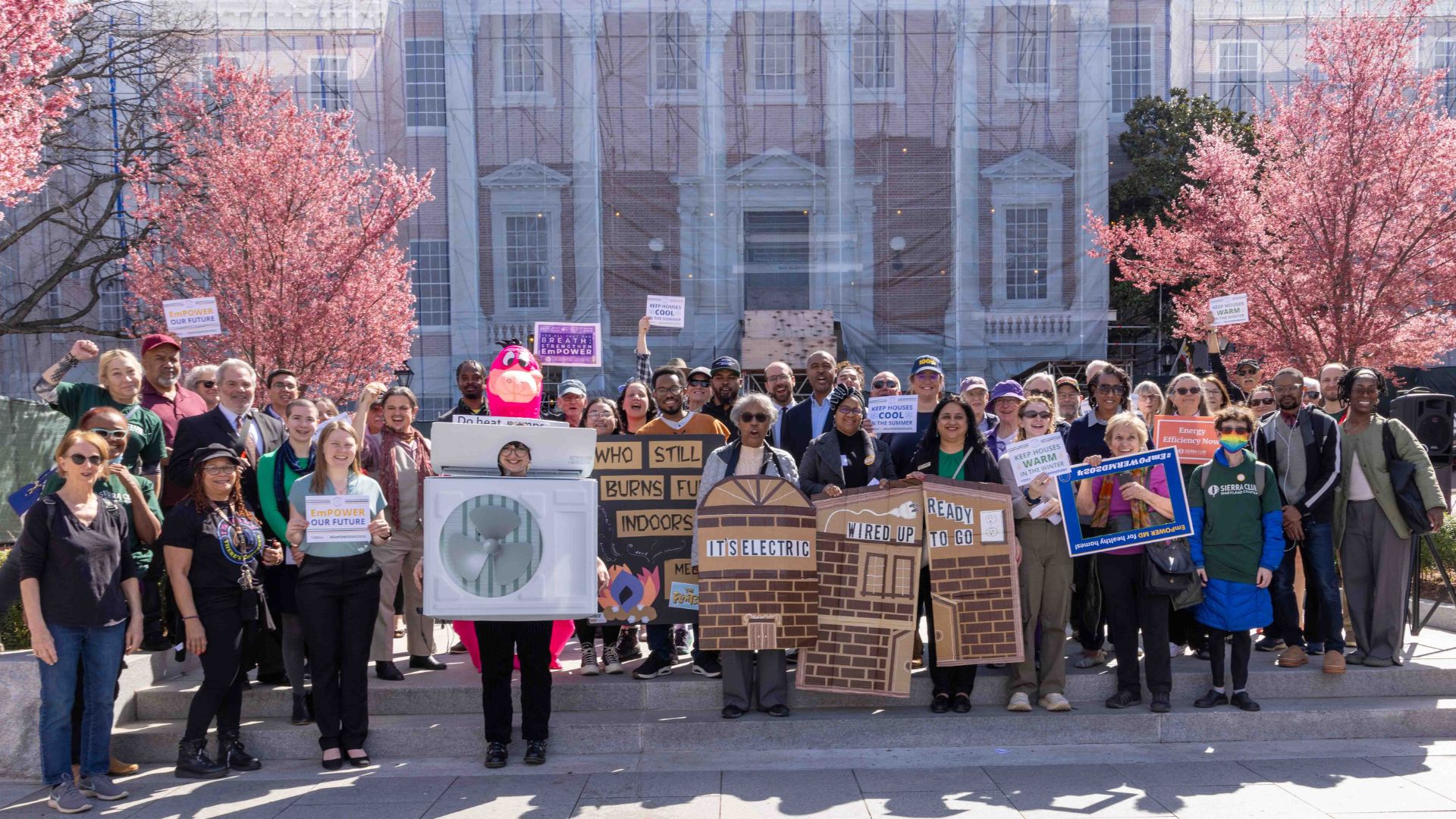More Harm than Good: Statement on Toxic Substances Control Act (TSCA) Passage
Maryland PIRG is disappointed with the TSCA bill that was passed Tuesday by the Senate and will soon be sent to the President. When it comes to public health protections, the federal government should set a floor, not a ceiling – meaning, minimum levels of protection should be set, not maximum levels. By preempting state efforts to regulate toxic chemicals, this bill does more harm than good.
Maryland PIRG is disappointed with the TSCA bill that was passed Tuesday by the Senate and will soon be sent to the President. When it comes to public health protections, the federal government should set a floor, not a ceiling – meaning, minimum levels of protection should be set, not maximum levels. By preempting state efforts to regulate toxic chemicals, this bill does more harm than good.
We can all agree that the previous federal toxic chemical law was broken: Of over 80,000 chemicals on the market, only 2% have been assessed for safety. Dangerous substances like formaldehyde, triclosan, BPA, and more are found in products we use on a daily basis, exposing us to harmful health effects from cancers to developmental and respiratory issues.
The reforms offer select improvements to the framework under which the EPA tests and regulates chemicals. In particular, the EPA’s mandate to choose the ‘least burdensome’ way to regulate a chemical was removed, as was the requirement of a cost-benefit analysis, which was replaced with a health-only standard. The new bill also requires the EPA to identify populations disproportionately affected by a chemical, such as workers in a specific industry or children. These are significant improvements, but they don’t go far enough.
TSCA reform was meant to give the EPA the power to keep us safe from toxic chemicals, while allowing states to enact stronger protections when necessary. While federal authority to regulate toxic chemicals was somewhat strengthened, the bill effectively halts state authority while the EPA is merely assessing a chemical’s safety – a years-long process that will leave us all at risk. In essence, the bill restricts our state’s ability to protect public health, replacing it with a slow and complicated federal system.
States have led the fight to protect us from toxic chemical exposure, and they should be allowed to continue to do so. In recent years, Maryland has regulated six dangerous chemicals: banning BPA from baby bottles and sippy cups, restricting heavy metals like cadmium and lead, and banning toxic flame retardants in baby products. Ours is just one of many states that have stepped up in the absence of federal protections.
There is a reason why the chemical industry supports this bill: It handcuffs state regulators, who have been the top cops on the toxic beat for decades. This proposal could best be characterized as one step forward and two steps back. We can, and should, do better.
Topics
Authors
Juliana Bilowich
Find Out More

2024 Maryland Legislative Session: Wins and Losses

Protecting Maryland Water from PFAS Pollution

PIRG’s warmest wishes for a safe and happy new year

